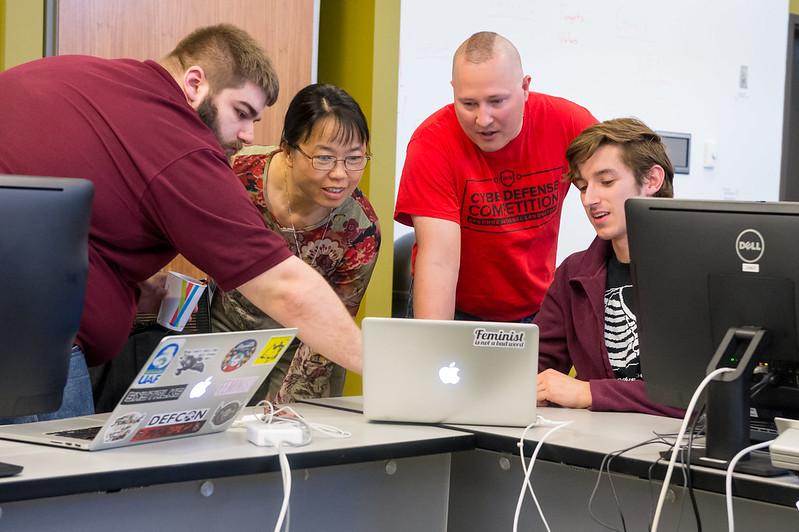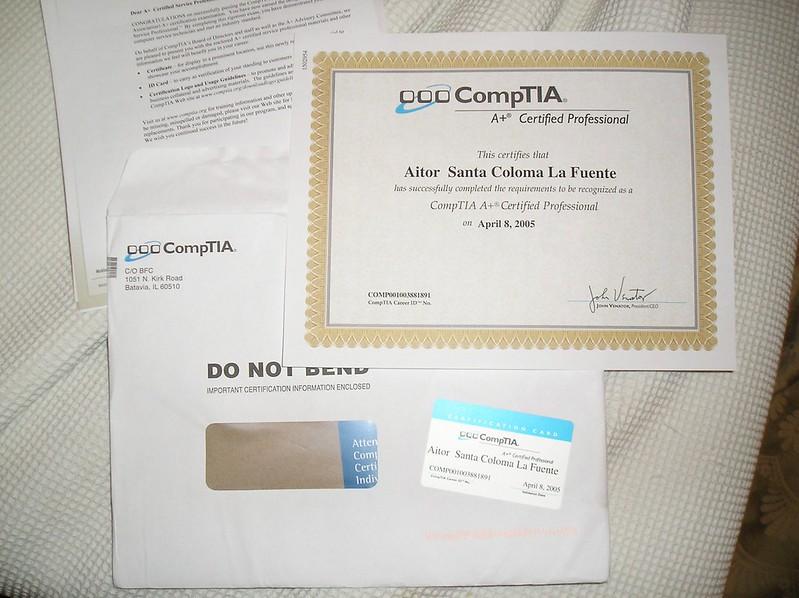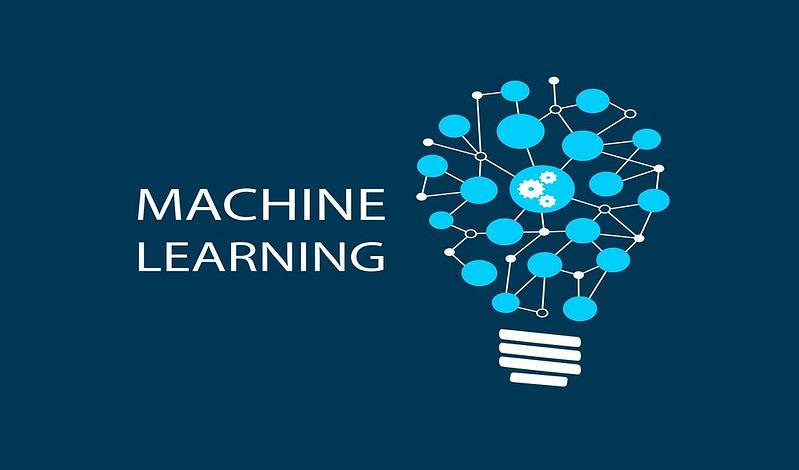Algorithm engineers work in many tech fields, including software development and signal processing. If you want to work in this position, check out this guide below!
These engineers play a role in creating solutions for complex problems in today’s data-driven world. Read on to learn about the duties and steps to get this job!
Who Is An Algorithm Engineer?
An algorithm engineer is a tech expert who designs, develops, and optimizes algorithms (step-by-step instructions for solving specific computational problems and performing tasks efficiently).
These engineers create these algorithms to tackle a wide range of challenges across various areas, including:
- Artificial Intelligence
- Software Development
- Signal Processing
- Data Science
These engineers work with software developers, data scientists, and other IT experts to identify algorithmic needs and tailor solutions accordingly.
Job Duties

Many people new to this career will not be clear about the duties of an algorithm engineer. Essentially, I create solutions to complex problems and help drive tech advancements in my company. Here are my job duties:
- Create algorithms: My main job is to design algorithms to solve tricky computer problems·.
- Make algorithms better: I work on improving these algorithms to make them faster and use less computer power.
- Write code: I use computer languages like Python or Java to turn these algorithms into working software that computers can understand.
- Check and test: I carefully check the algorithms to ensure they work well in different cases and give the answers.
- Keep records: I write down all the details about the algorithms. So others can understand and use them. Clear records help my team work together better.
- Teamwork: I work with other experts like software developers, data scientists, and specialists in different fields to use these algorithms in various projects.
- Self-improvement: I always learn new things and try new ideas to stay at the top of my game. Technology changes fast, and I need to keep up!
- Solve problems: My favorite part of the job is tackling challenging, real-world problems. I use my math and computer skills to come up with solutions.
- Monitor performance: After we use the algorithms in real cases, I monitor them to ensure they’re still doing a great job. If they’re not, I figure out how to fix them.
- Research and innovation: I also study and create new ways to solve problems with algorithms.
How To Become An Algorithm Engineer
The following guides are based on my experience of over ten years working in this field. I’ve included the ultimate steps so you can go through them no matter what background you have.
1. Get A Bachelor’s Degree
To embark on the journey to become an algorithm engineer, you should follow a structured learning path of a Bachelor’s degree program that equips you with the required skills and knowledge. You can choose a college program in:
- Math
- Programming
- Computer science
- Software engineering
- Or related fields
One thing to note is that you must meet the entry requirements for the college you want to attend. These might include specific high school classes or test scores.
During your Bachelor’s program, besides taking classes about algorithms, math, and computer science, consider classes on predictive modeling, ML, and data structures. They will help in your future job.
Also, try to do well in your classes because good grades show you’re serious about your future career. If you apply for an algorithm engineer position without experience, the employer may base their evaluation on your GPA.
2. Get A Master’s Degree (Optional)

Depending on your goals, you might want to get a Master’s to specialize even more in the field after having a Bachelor’s degree.
Some jobs might pay you more if you have a Master’s degree, especially if you’re in a leadership role or doing specialized work.
With a Master’s degree, you can study specific areas in more detail, like algorithms, ML, or data science. It can make you really skilled in your chosen area.
You’ll also learn more advanced knowledge about designing algorithms and solving complex problems, which can be very helpful in your job.
In this degree program, you will get to do cool research projects related to the field, which can be exciting and help you learn even more.
Yet, getting a Master’s degree takes time (usually 1-2 years) and can cost a lot. So, you need to think if it’s worth it. I recommend checking if the jobs you want require this degree. Some jobs only need a Bachelor’s degree and experience.
In short, while a Master’s degree can make you more qualified, it’s not a must-have for everyone. You need to consider your goals, job requirements, and whether you want to invest time and money in more schooling.
3. Learn Programming Languages

Programming languages are tools that help you turn your algorithm ideas into real computer programs. So, the next step is to learn at least a programming language, which can be Python, Java, or C++.
Employers often prioritize candidates with programming language skills because they can start contributing to projects immediately. So, learning these makes you a more attractive candidate in the job market.
Although you can choose to be proficient in one language, if you learn all three, you can expand your job search scope and find a job easily because each language has its own strong points:
- Java is known for working on many types of computers.
- C++ is super fast.
- Python is flexible and easy to use.
To learn these languages, you can:
- Take courses
- Join coding programs
- Use online tutorials
To practice, you can work on your own projects, try coding challenges, and consider internships to apply your skills in real jobs.
4. Learn About Data Analysis & Visualization

At this step, many people will wonder why they need to learn about data to create algorithms. In fact, they are closely related to each other.
Data analysis will help you solve problems better. By looking at data, you can spot trends and vital facts that make your algorithms work smarter. I also use data analysis to test my algorithms and ensure they work as they should.
Regarding data visualization, it will help you a lot while working with a team because you need to use charts and graphs to explain what you find to others.
So how can you learn these? It’s simple! Many online classes teach these skills. Besides basic knowledge, get familiar with popular tools and software, including:
- Excel and Google Sheets
- Tableau
- Matplotlib
- Pandas
- Seaborn
- ggplot2
Some books and websites also explain these concepts in simple terms. They’re great resources to learn from if you want to self-study.
5. Get Certifications

Getting certifications means getting official recognition for your skills. While there may not be specific certifications just for algorithm engineers, there are four main options that can help you become better at your job:
- CompTIA A+: This one teaches you the basics of computers, which is vital for algorithm engineers.
- CompTIA Project+: It helps you learn how to lead and manage projects, which is a big deal when you work on algorithms.
- CIW UI Designer: This is about designing websites and apps. It does not focus on algorithms, but it’s handy if your work involves people using what you create.
- ITIL Foundation: This one is about managing IT services. It’s helpful if your algorithm projects are related to IT services.
Besides these four good options, you can consider getting the following additional certificates to boost your knowledge and skills:
- AWS Certified Solutions Architect: If you use AWS for your algorithms, this shows you’re good at designing solutions on AWS.
- Microsoft Certified: Azure Solutions Architect Expert: Similar to AWS, but for Microsoft Azure. It’s valuable if you use Azure for your work.
- CAP: If your work is about data and using it for decisions, this proves you know your stuff.
- PMP: If you work on big projects, this certification proves you’re good at managing them.
- ML Certifications: If you deal with ML and AI algorithms, certifications like Google’s TensorFlow Developer Certificate or Microsoft Certified: Azure AI Engineer Associate can be helpful.
While these are not directly for algorithm engineers, they improve your skills and make you more appealing to employers or clients. You should pick the ones that match your goals and the areas you’re interested in.

6. Gain Experience
What you need to do next is to gain practical experience. You can choose one (or, if possible, all) of the following:
- Internships: They are like training wheels for your career. They let you work with experienced people and learn how real-world algorithms work by getting involved in projects.
- Entry-level jobs: You can start in entry-level positions related to programming to practice your skills, work on projects, and become more confident.
- Personal projects: Create your own algorithms, build software, or analyze data. These projects show potential employers what you can do.
- Coding challenges: Many platforms offer challenges that sharpen your algorithm skills and build confidence. My recommendations are LeetCode and HackerRank.
If you’re in advanced studies, work on research projects related to algorithms. These projects deepen your experience and boost your skills.
Over time, these experiences add up. They make you a more skilled and in-demand algorithm engineer in the tech world.
7. Build A Network

An indispensable step to success in algorithm engineering is building a strong network by:
- Attending algorithm engineering events.
- Joining online platforms. LinkedIn is an example.
Don’t be afraid to ask for advice or chats if you want to have a relationship with experts in the field. These connections help you learn more about your career and lead to exciting teamwork on projects or starting new ventures together.
Your network can also boost your professional reputation. Building good relationships in your field makes you more trustworthy and brings new opportunities.
Require Skills
Being an algorithm engineer means having a technical and soft skill foundation. It’s a mix of brainpower and people skills that make you great at what you do.
Technical Skills
- Programming skills: Be really good at coding in languages like Python, C++, or Java.
- Data structures knowledge: Understand different ways to organize and store data, like lists, trees, and graphs.
- Algorithm design and analysis: Create efficient algorithms and know how fast or how much computer memory these algorithms need.
- Mathematics: A good grasp of math, including calculus and probability.
- ML and data skills: If you work with data and AI, you should know about ML and statistics.
- Software development: Understand how to write good and clean code and use software tools.

Soft Skills
- Problem-solving: Be really good at breaking big problems into smaller, manageable pieces and then create algorithms to solve them.
- Analytical thinking: Be good at looking at problems and figuring out solutions.
- Attention to detail: Being precise and accurate.
- Communication and teamwork: Explain complex ideas and team up well with others.
- Adaptability: Be ready to learn new things.
- Creativity: Thinking creatively helps in coming up with new and better algorithms.
- Time management: Meet deadlines and know what to prioritize.
Salary and Job Outlook
Algorithm engineers typically earn a good income, with an average yearly salary of around $178,000 in 2023.
Their yearly salary is between $141,000 and $229,000, with a typical base pay of $104,000 to $158,000. You can also get extra income, like bonuses, up to $38,000 to $70,000 yearly.
The job outlook is positive. The field of computer & information research scientists, which includes algorithm engineers, is expected to grow by 23% from 2022-2032. In other words, about 3,400 job openings are expected each year.

FAQs
Is Algorithm Development Difficult?
Yes, sometimes creating algorithms is hard. It’s about solving complex problems using clear and efficient instructions in code. Some are easy, but others need math and computer skills.
Is An Algorithm Engineer A Software Engineer?
Yes, an algorithm engineer is a special kind of software engineer. Algorithm engineers mainly focus on making algorithms work well, which is a part of building software.
What Certifications Does An Algorithm Engineer Need?
There aren’t many specific certifications for algorithm engineers, but you can benefit from these: CIW UI Designer, CompTIA Project+, CompTIA A+, and ITIL Foundation.
What Is The Difference Between an Algorithm Engineer and a Software Engineer?
Algorithm engineers mainly work on creating good algorithms. Software engineers do more tasks, like designing, coding, testing, and keeping software running.
Conclusion
This guide on how to become an algorithm engineer has shown you the way to get a job in algorithm engineering.
First, you need to build an educational foundation and technical and soft skills in the field. Then, keep learning and gaining hands-on experience, and don’t forget to expand your network.
By following these steps, you can become a successful algorithm engineer!
